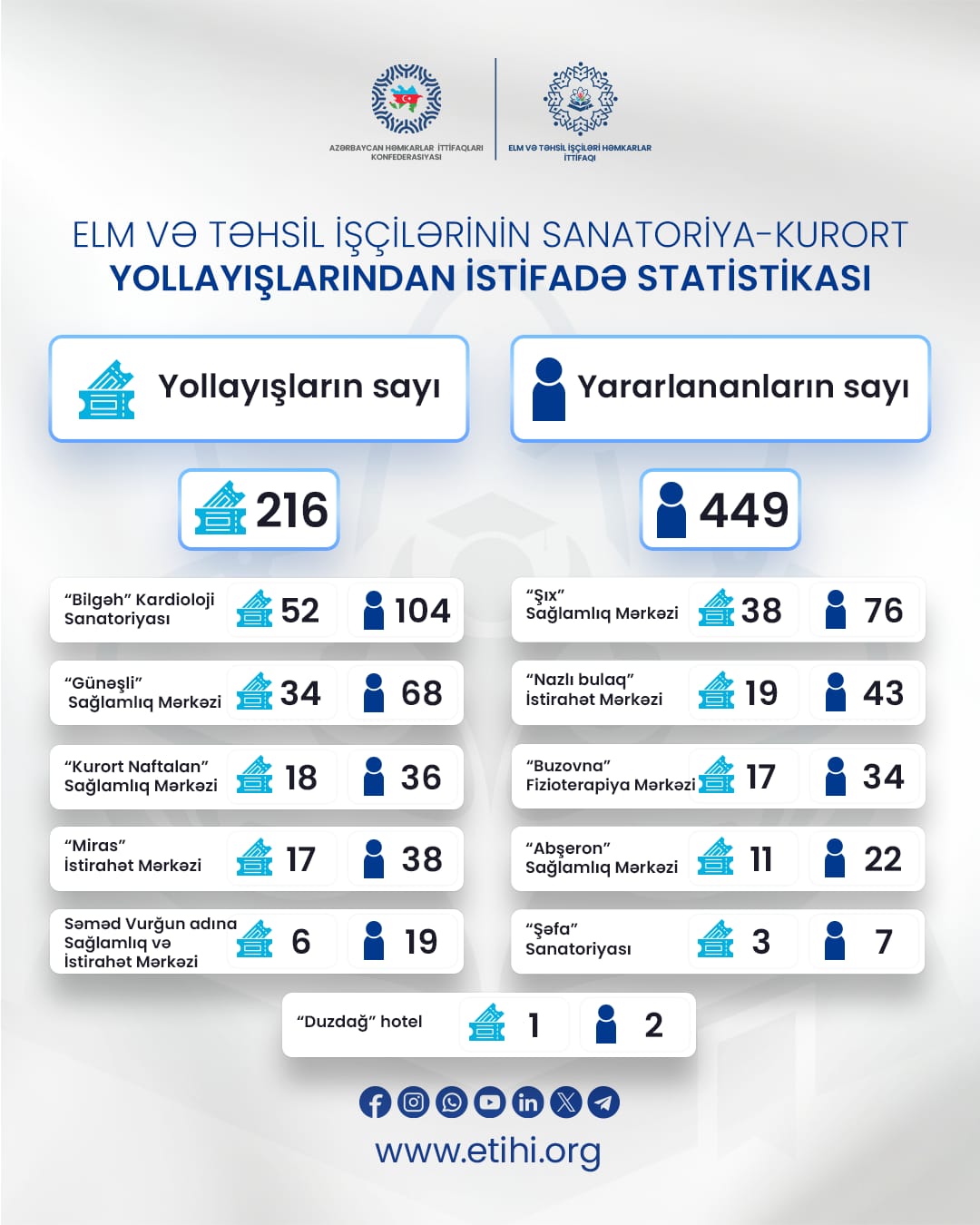Countries must present arguments about their obligations to protect people and ecosystems from climate change, and what the consequences should be if they do not.
Gland, Switzerland (28 November 2024): Historic public hearings by the International Court of Justice (ICJ) will begin on Monday, 2 December 2024, when 98 countries will present arguments about their obligations to protect their people and ecosystems from climate change. The hearings will end on Friday, 13 December 2024. GreenPen.az reports with reference to the WWF newsletter.
The hearings are a unique opportunity for countries to express their views, and marks the next stage of engagement in the ICJ process for an advisory opinion on climate change obligations and the legal consequences for states. The engagement of international and national courts on the climate change agenda through advisory opinions and judicial decisions is a growing and welcome trend.
The United Nations General Assembly adopted a resolution in March 2023, requesting that the ICJ — the highest legal body in the UN system — render an advisory opinion on the obligations on states to tackle the climate crisis under international law, and to consider the legal consequences of inaction. This followed a campaign from a coalition of island nations, led by Vanuatu, that took up the proposal from a group of Pacific Island students. Vanuatu will also be the first country to make a presentation on Monday.
Prior to the public hearings, the Court received 91 written submissions from countries — the highest number ever received for an advisory opinion — and 63 written comments from international organizations, including WWF. None of the country submissions have been made public but, the ICJ said in a statement issued on 8 November that “the Court may decide to make the written statements, written comments and annexed documents accessible to the public on or after the opening of the oral proceedings in the case.” We encourage the Court to do so to ensure a transparent process.
WWF’s submission, available online here, emphasizes that as well as an obligation to reduce emissions to tackle the climate crisis, states also have a legal duty to protect and restore biodiversity. This recognizes that biodiversity is both threatened by soaring temperatures, and also part of the solution to securing a stable climate. With regard to the consequences for countries who do not fulfil their obligations, WWF urged the Court to apply the law of State Responsibility, to require states to cease and desist from harming the climate and nature and to apply the “polluter pays” principle when compensating states that have suffered significant, even irreversible damage, resulting from pollution by greenhouse gas emissions.
Manuel Pulgar-Vidal, WWF Global Climate and Energy Lead, and COP20 President, said:
“The ICJ opinion has the potential to establish the legal obligations of countries in international law with more authority than any previous court ruling on climate. With most countries falling far short of their obligations to reduce emissions and protect and restore nature, this advisory opinion has the potential to send a powerful legal signal that states cannot ignore their legal duties to act.”
The ICJ is expected to publish its final advisory opinion in 2025, and will add to other significant legal rulings from international and national courts that have underlined the legal obligations of states to act on climate and nature. For example, a ruling by the International Tribunal for the Law of the Sea last year found that countries have a legal obligation to tackle the climate crisis to preserve marine ecosystems, and the European Court of Human Rights (earlier this year) that found human rights were being breached owing to lack of climate action.







